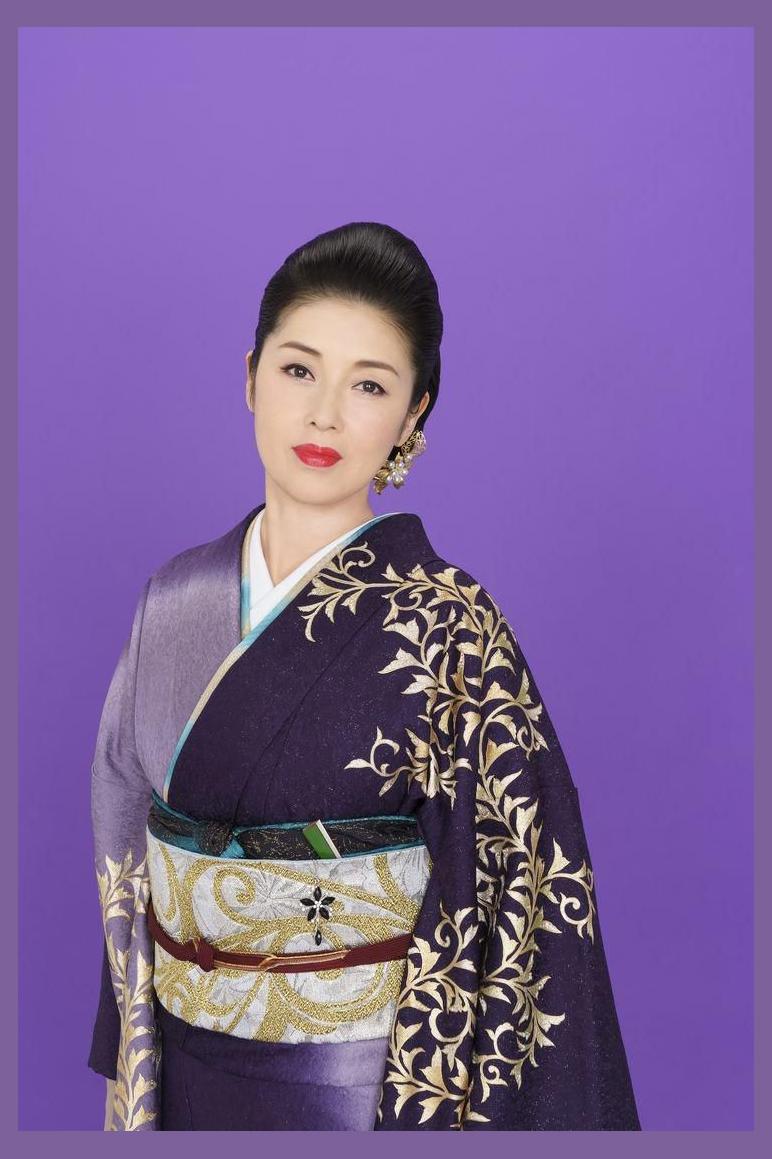 Fuji Ayako
Fuji Ayako
Fuji Ayako: A Journey Through Melody and Controversy
Origins and Rise to Stardom
Fuji Ayako, the enigmatic Japanese singer, emerged onto the music scene in the late 1990s, captivating audiences with her haunting vocals and deeply evocative lyrics. Her breakthrough came with the release of her single "Kokoro Zake," a poignant ballad that became an instant classic, resonating with listeners across the country.
Discography and Acclaim
Fuji Ayako's music career spanned several decades, leaving behind a rich and diverse discography. Her albums include:
* Kokoro Zake (1998)
* Aoi Tori (2000)
* Sora (2002)
* Mirai (2004)
* Kimi to no Renai (2006)
Her music received widespread critical acclaim, earning her numerous awards and accolades, including the prestigious Japan Record Award.
Challenges and Controversies
Despite her success, Fuji Ayako's career was not without its challenges and controversies. Her outspoken nature and candid lyrics often sparked heated debates and caused a stir within the Japanese music industry.
In 2003, she released the controversial song "Kanashimi ni Makasete," which dealt with themes of domestic violence and social isolation. The song's explicit lyrics and raw emotional content drew criticism from some quarters, but also garnered praise for its honesty and bravery.
Members and Collaborations
Fuji Ayako's band consisted of talented musicians who played a crucial role in shaping her unique sound. Notable members included:
* Guitarist Satoshi Watanabe
* Bassist Masashi Kitajima
* Drummer Shunsuke Nakamura
Over the years, Fuji Ayako collaborated with various artists, including the renowned Japanese singer-songwriter Kazumasa Oda. Their collaboration on the song "Mikan" became a beloved classic.
Legacy and Influence
Fuji Ayako's music continues to inspire and resonate with listeners decades after her debut. Her songs have been covered by countless artists, including popular contemporary singers such as Aimyon and YOASOBI.
Her influence extends beyond music, as her lyrics have been used in poetry, literature, and even television dramas. Fuji Ayako's legacy as one of Japan's most iconic and influential female singers remains firmly cemented in the hearts of fans and critics alike.
Origins and Rise to Stardom
Fuji Ayako, the enigmatic Japanese singer, emerged onto the music scene in the late 1990s, captivating audiences with her haunting vocals and deeply evocative lyrics. Her breakthrough came with the release of her single "Kokoro Zake," a poignant ballad that became an instant classic, resonating with listeners across the country.
Discography and Acclaim
Fuji Ayako's music career spanned several decades, leaving behind a rich and diverse discography. Her albums include:
* Kokoro Zake (1998)
* Aoi Tori (2000)
* Sora (2002)
* Mirai (2004)
* Kimi to no Renai (2006)
Her music received widespread critical acclaim, earning her numerous awards and accolades, including the prestigious Japan Record Award.
Challenges and Controversies
Despite her success, Fuji Ayako's career was not without its challenges and controversies. Her outspoken nature and candid lyrics often sparked heated debates and caused a stir within the Japanese music industry.
In 2003, she released the controversial song "Kanashimi ni Makasete," which dealt with themes of domestic violence and social isolation. The song's explicit lyrics and raw emotional content drew criticism from some quarters, but also garnered praise for its honesty and bravery.
Members and Collaborations
Fuji Ayako's band consisted of talented musicians who played a crucial role in shaping her unique sound. Notable members included:
* Guitarist Satoshi Watanabe
* Bassist Masashi Kitajima
* Drummer Shunsuke Nakamura
Over the years, Fuji Ayako collaborated with various artists, including the renowned Japanese singer-songwriter Kazumasa Oda. Their collaboration on the song "Mikan" became a beloved classic.
Legacy and Influence
Fuji Ayako's music continues to inspire and resonate with listeners decades after her debut. Her songs have been covered by countless artists, including popular contemporary singers such as Aimyon and YOASOBI.
Her influence extends beyond music, as her lyrics have been used in poetry, literature, and even television dramas. Fuji Ayako's legacy as one of Japan's most iconic and influential female singers remains firmly cemented in the hearts of fans and critics alike.